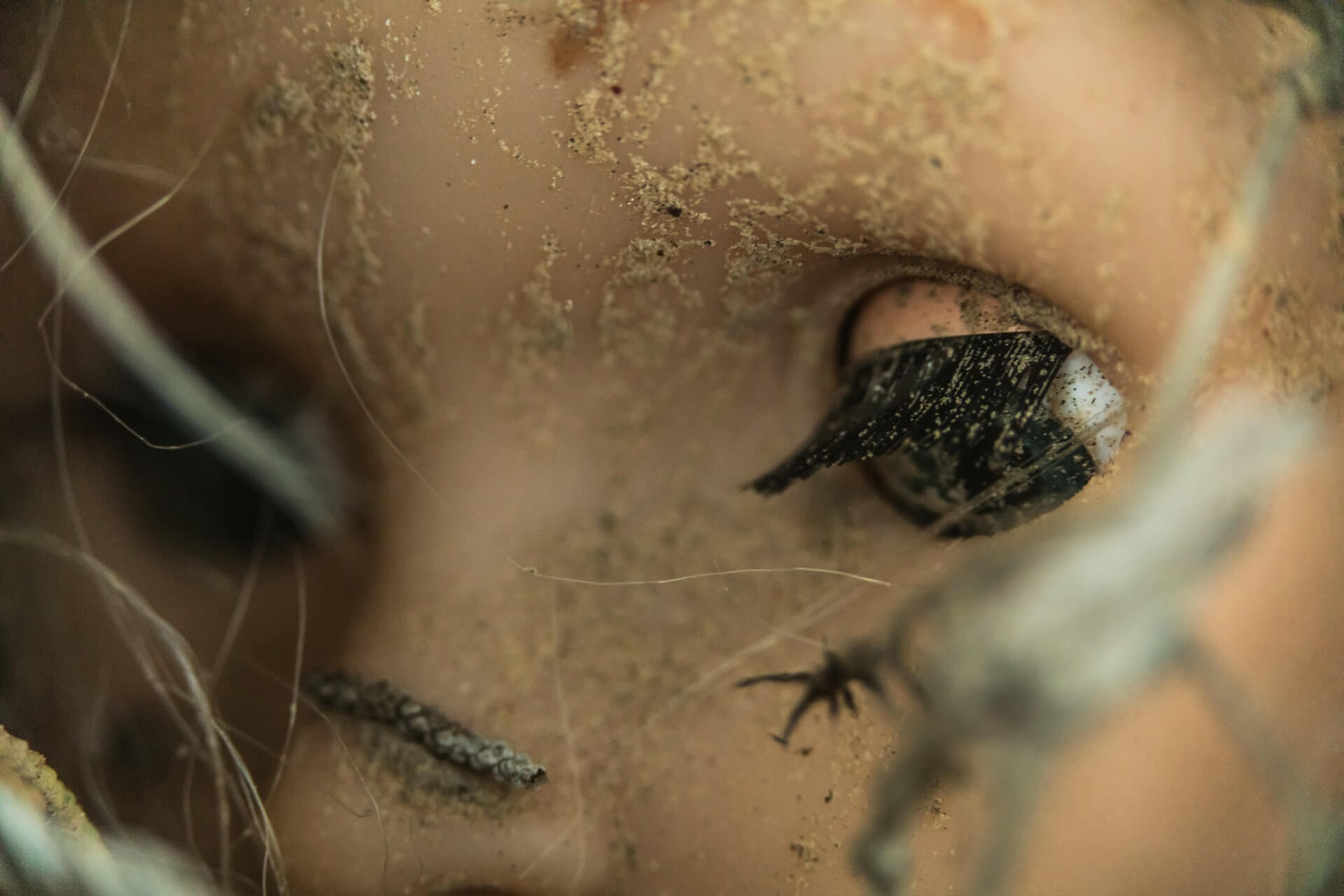Self-Knowledge • Trauma & Childhood
The Upsides of Having a Mental Breakdown
One of the saddest and most puzzling phenomena of psychological life are the incidents commonly known as ‘breakdowns’, in which people find themselves suddenly unable to carry out their normal duties – and fall silent, take to bed and cannot stop crying.

It can look mysterious from the outside, but what is almost always happening is an attempt to untie a lie that someone else has surreptitiously knotted into our lives. Beneath the breakdown, a long-repressed truth is trying to break through layers of deception. A person is unable to function ‘normally’ because ‘normality’ has grown riddled with something incoherent, mean and impossible. The breakdown is a logical bid for health and truth masquerading as an illness.
What has made us ill tends to be a variety of perverse injunctions under which those we trusted may have made us live, for example: I’m ostensibly asking you to succeed – but I won’t love you if you do. Or: You must fail – in order that I can bear my disappointments. Or: You must feel terrible about yourself – to shore up my sense of worth. Or: Worry all the time – so that I can be carefree. Or: You can never be happy – for it would make me too sad.
We have probably been trying to make sense of these paradoxical messages for a long time, but now, rightly so, we can’t take it any more. We are compelled to untangle the perverse position we have been placed in. Our illness acts as our conscience; it won’t let up until we have figured out the truth; it can’t tell us the truth by itself, but it is urging us to make the effort to find it out. The twitching, paranoia or despair are there to keep us honest. The illness’s contract with us is: understand me, and I will leave you alone; ignore me, and I will upset normality to prevent you from deceiving yourself any longer. Illness is the midwife of truth.
The fortunate ones among us manage to decode the riddle. We begin to get a sense of who may have aggressed us – and how odd and sad it is that they should have done so (not least, because they might be our parent or our spouse). We have fallen ill because we have been victims of a cruelty which we needed the cover of ‘madness’ to be able to look at. We aren’t really ill at all — we may be closer to sanity than we have ever dared to be.


























